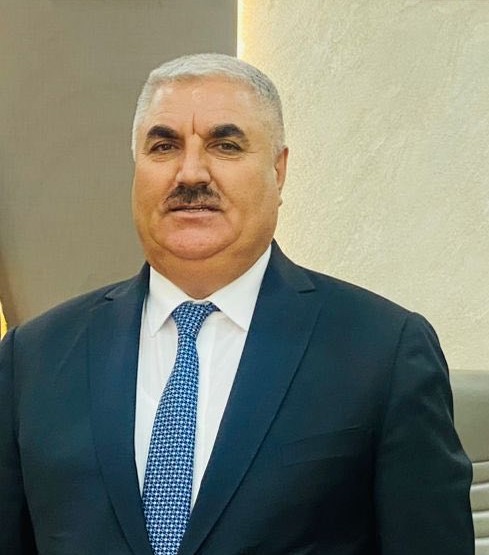Sema
Ali Agha said in a statement today, Tuesday:
“Today we mark the anniversary of the most devastating tragedy in Iraq’s modern history – the fall of the beloved city of Mosul into the hands of ISIS terrorist gangs on June 10, 2014.”
He added:
“Because of this dark and bloody catastrophe, Mosul lost its best people, its buildings and landmarks were destroyed, its heritage and historical treasures were looted. Eleven years after this painful disaster, the wounds are still deep, hearts are still grieving, and eyes still weep as the tragic scenes continue – represented by the injustice inflicted on its people, the absence of transitional justice, and the failure to mend their broken spirits in areas that remain in ruins, as if the federal government turns a blind eye to them and does not see the standing remnants that recount a crime which shook the conscience of history and humanity. Meanwhile, its people (the displaced) still sleep on the ground, their sorrowful eyes yearning to return to their destroyed homes and lands.”
He continued:
“The failure to resolve the file of the displaced and compensate them, the ongoing suffering of the missing men and women, the federal government’s negligence in opening mass graves, and the failure to normalize conditions in the Sinjar district — all of this has deepened the tragedy for the locals, who feel the government failed to protect them before the genocide and did not support them afterward. This in itself is a continuation of the genocidal policy.”
He added:
“The lack of serious and responsible action regarding the fall of Mosul is what led to the genocide committed against the Ezidi religious minority.”
He explained:
“Despite the continued suffering, there is still time to correct the mistakes — through the government’s commitment to implementing the Sinjar Agreement and its official program, creating a safe and stable environment where the rule of law prevails, promoting a culture of rights, tolerance, and civil peace, and rebuilding the devastated disaster areas, especially Sinjar district and the right side of Nineveh, to ensure such a catastrophe is never repeated. Otherwise, what the federal government is doing — these so-called “solutions” — are nothing more than ink on paper.”
Despite all this, we witness great efforts being made by the local government of Nineveh, led by the Governor, through reconstruction campaigns with self-reliant efforts and support from the people of the province — without receiving any real support from the federal government, despite the scale of the disaster, the destruction, and the injustice inflicted on the people of Mosul.

